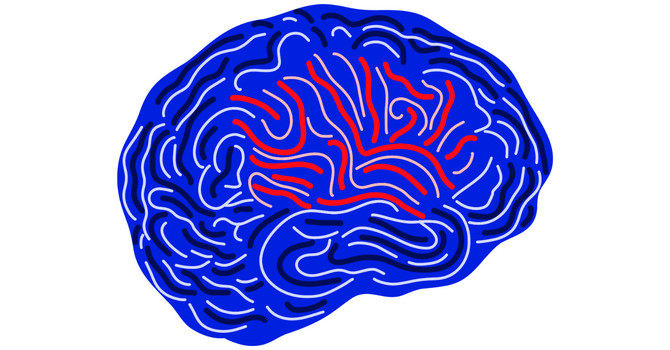
For many children (and adults), meltdowns aren’t about defiance or misbehavior. They are a nervous system response—the body’s way of expressing overwhelm when it can no longer self-regulate.
Why Do Meltdowns Happen?
Our nervous system has two main states:
Parasympathetic (rest, regulate, connect) – When balanced, we can handle stress appropriately.
Sympathetic (fight-or-flight or freeze mode) – When overwhelmed, the body goes into survival mode.
When a child’s nervous system gets stuck in fight-or-flight, their brain is flooded with stress hormones, making it impossible to rationalize or calm down.
Meltdowns vs. Tantrums
A tantrum is goal-driven. The child may stop if they get what they want.
A meltdown is a nervous system overload—logical reasoning does not work.
Common Triggers for Nervous System Overload:
- Sensory overload (loud noises, bright lights, crowded spaces)
- Fatigue or hunger (blood sugar crashes)
- Changes in routine
- Emotional stress
Helping a Child During a Meltdown
Stay calm – Your nervous system regulates theirs. If you react emotionally, their system will stay in distress.
Lower stimulation – Reduce noise, dim lights, and create a safe space.
Use movement & deep pressure – Activities like vibration therapy, Rezzimax, or deep-pressure techniques help shift the body out of fight-or-flight.
Support nervous system health daily – Primitive reflex integration, BrainTap, PEMF, and nutrition play a huge role in preventing nervous system dysregulation.
Meltdowns aren’t a choice. Understanding why they happen can help children feel safe and supported—so their nervous system can begin to heal. At Heal Thyself Institute, we specialize in primitive reflex integration, vagus nerve support, and brain-based therapies to help regulate the nervous system and reduce overwhelm. Through a combination of chiropractic care, functional neurology, BrainTap, vibration therapy, and targeted exercises, we work with children and their families to address the root cause of dysregulation, leading to better focus, emotional balance, and overall well-being. If your child is struggling with frequent meltdowns, we’re here to help.

Waldo Amadeo
Contact Me



